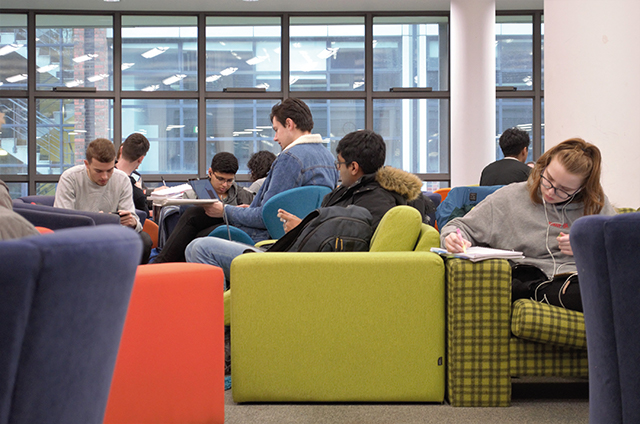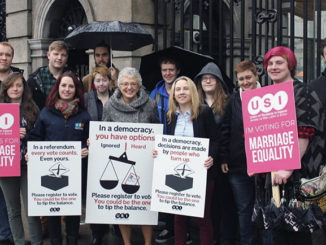
[dropcap]A[/dropcap] new report published by an academic within Dublin City University has called for a nationwide implementation of a “Supported Transition” model to aid students in second-level with intellectual disabilities to enter in further education, training and employment.
From the findings of the report, they have urged policymakers to prioritise transition planning at an earlier stage within the post-primary school life-cycle for young people with intellectual disabilities (ID).
The report, “Progressing Accessible Supported Transitions to Employment (PASTE): Navigating the transition from school: Voices of young people and parents” was led by Dr Geraldine Scanlon, an academic within the Institute of Education in DCU. She has a broad background in education and more recently has moved towards the rights for children and adults with disabilities in Ireland.
Co-author Dr Alison Doyle of Caerus Education, is a teacher and psychologist who specialises in the management of educational transitions.
Between 2017 and 2018, they investigated outcomes for school leavers with ID, who engaged with the WALK PEER supported transition model during their final two years in school. They focused on capturing the viewpoint of students attending two special schools and also their parents, carers, recent school leavers and education professionals.
Following the publication of the PASTE report, Dr Geraldine Scanlon commented on the findings in a statement:
“In keeping with the core principles of transition planning, the (proposed) model places the young person in the centre by assisting them to explore their aspirations and brings them to a point in their lives where they are able to make an “informed choice” about their future,” said Dr Scanlon.
Engagement with the supported transition programme had increased levels of self-awareness and self-determination that established ambitions for plans after school. However, significant gaps in acquiring knowledge in relation to rights and entitlements after leaving school was a reoccurring theme.
Sarah Lennon is Communications and Information Manager for Inclusion Ireland, the national association for people with intellectual disability. She said that “not-knowing and lack of choice is very frustrating for people.”
“I think the lack of choice leads to people being almost grateful to get anything which is obviously no way to operate any sort of transition or progression route for people,” said Lennon.
The PASTE report cited that there is an “over-reliance” on day-care services, commenting on this, Lennon added: “For a lot of people, it is the option that is put forward. There are no inspected regulations or forced regulations for day services. We don’t have a good picture of the standard of services in Ireland; whether they are encouraging community participation or if they are more of a day-care environment,” she concluded.
Catherine Gallagher
Image Credit:



